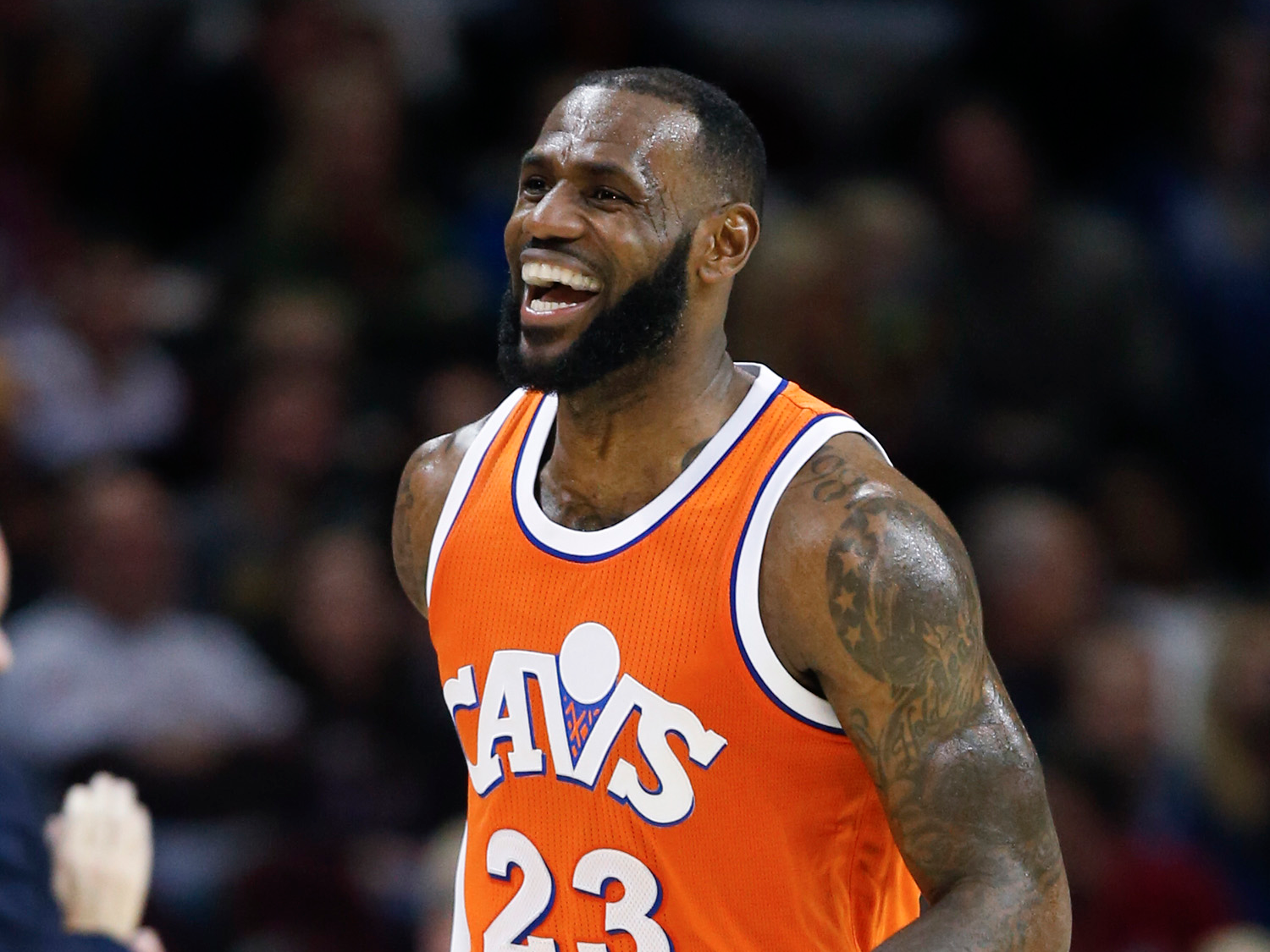The NBA and its players union announced on Wednesday that they had come to a tentative deal on a new collective bargaining agreement.
While much of the new CBA is expected to be the same as the current one, among the highlight changes is a minor tweak of a rule that could benefit some players down the line.
According to reports, the NBA’s new CBA changed the “over-36” rule to “over-38.” The over-36 rule prevented teams from signing players to four- or five-year deals if they would turn 36 or older over the course of the contract. The rule was meant to protect teams from committing to players who would be unlikely to see the end of the deal.
The rule came back to bite LeBron James this past summer. After signing one-year deals for several years, James was one summer away from signing a monster five-year, $200 million deal, as the Cavaliers would have had his full Bird Rights, meaning they could sign him to a full maximum contract.
The over-36 rule, however, dictates that the money owed to players in years after they turn 36 be spread out to the earlier years of the contract. For James, who is 31, that would have meant taking the money in the fifth year of the deal (when he’d be 36) and spreading it out over the first four years. But he then would have made more than the maximum amount possible in a single season, a violation of rules. In short: no $200 million contract for James. This past summer, James ended up signing a three-year, $100 million deal with the Cavs.
Now, however, that over-36 rule has been changed to 38, and it stands to benefit Chris Paul, one of the negotiators for the NBPA, the most.
This summer, Paul will be a free agent under a salary cap expected to be about $105 million - the highest in NBA history. With over 10 years of experience in his pocket, Paul, who is 31, could sign a five-year, $207 million contract with the Clippers this summer, according to Yahoo's Adrian Wojnarowski. As Paul will turn 32 in May, this wouldn't have been possible with the over-36 rule in place.
It could stand to benefit others, too. James, who has an opt-out in his contract after two years, could sign a big four-year deal in two years, when he'll be 33, though it's unclear how much he could sign for (it's unknown what the salary cap will be two years from now).
Others like Kevin Durant and Stephen Curry benefit down the road if they stay with the Warriors and sign short-term deals to become free agents again before they pass the age limits to sign four- or five-year deals.
It's no coincidence that this rule changed with James and Paul acting as two key negotiators for the players union. With salaries rising across the league, we may now see players making money even longer into their careers.

